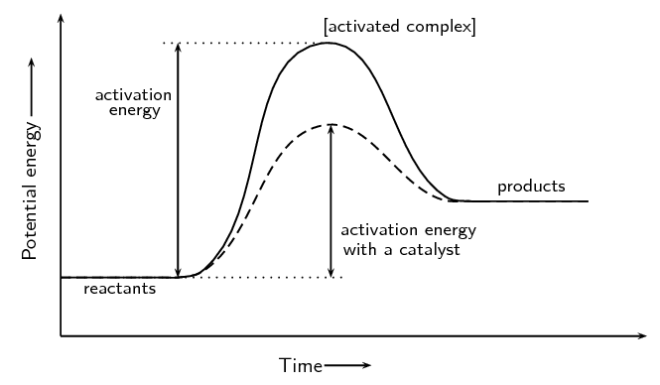Francis Gavin, the Giovanni Agnelli Distinguished Professor and the inaugural Director of the Henry A. Kissinger Center for Global Affairs at SAIS, argues that history can be employed to better understand and improve statecraft and strategy. It is not a history of a particular event, person, place, or process. Nor is it strictly a discussion about methodology, or how to do historical work effectively. Instead, he explores something he calls “historical sensibility.” Visit www.jhu.edu/hopkinsathome/ to see more lectures.
There’s a lot of hope subtly hiding in this lecture.
I’m hoping that even once the crisis of the pandemic is over that Johns Hopkins will realize what an awesome program this is and continue it on afterwards. It manages to put together the ideas of blogging, vlogging, thought pieces in magazines, academic lectures, and even the idea of Public Television programming into an interesting and engaging format. I like that there are some fascinating broad ideas and themes to delve into.
The broader themes of historical sensibility, chronological proportionality, and historical revisionism deserve a lot more attention and thought.
See also my wiki notes from the lecture.


